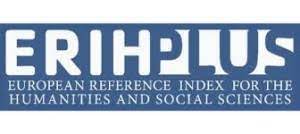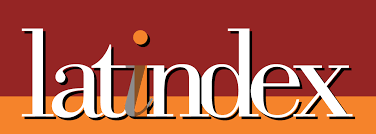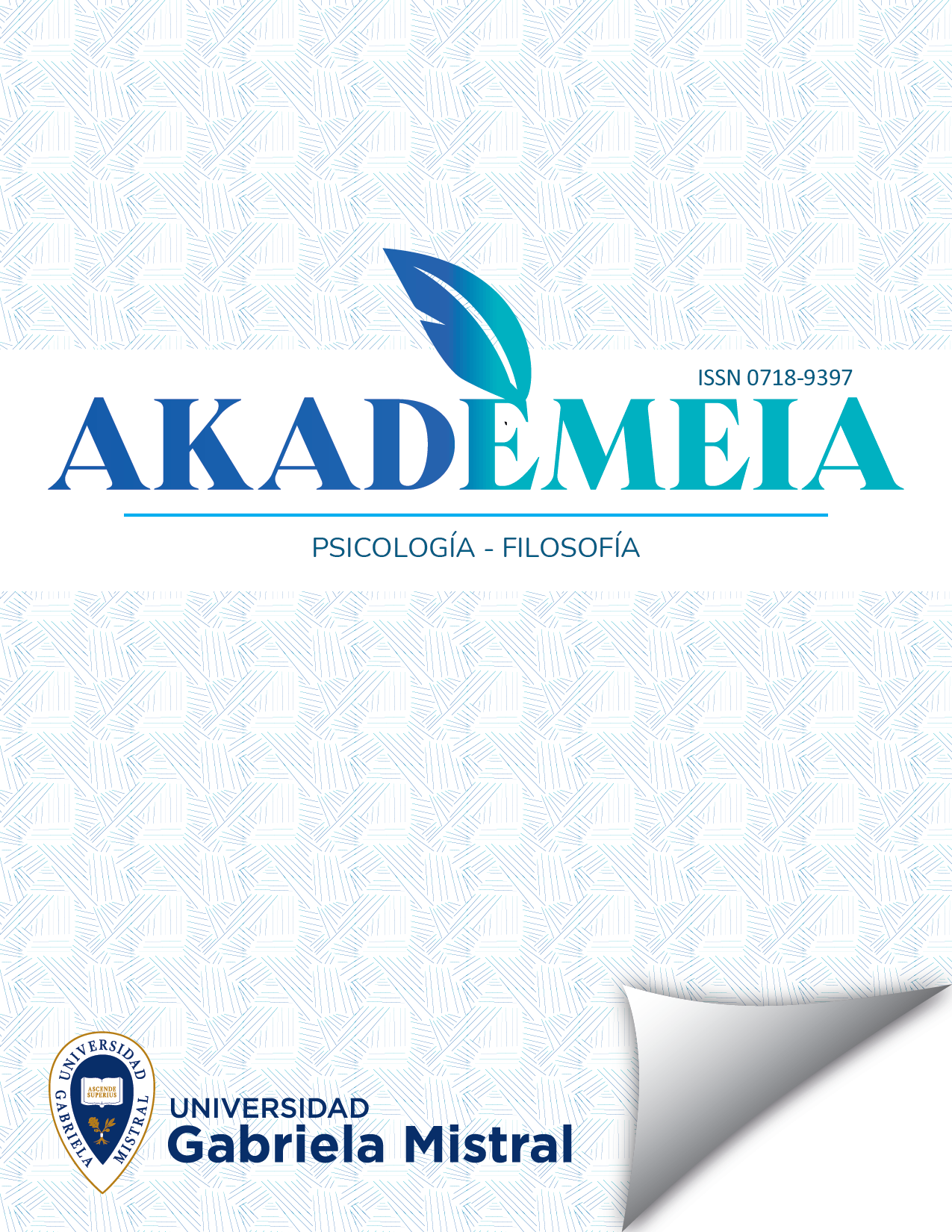The Perception of Accent in Nonnative Speakers of English: A Case of Identity
DOI:
https://doi.org/10.61144/0718-9397.2017.158Resumen
Why is there a hierarchical structure for the acquisition and instructing of the English language? Why are some forms of English pronunciation (namely RP) still considered superior, better or just preferred? Is it prestige? Is it a marketing strategy? Is there research analysis to support this insight?
The perception persists that native speakers of English are superior or default better teachers of the language than non-native speakers of English. The reality is a completely different story. Research has clearly demonstrated that competency and fluency in the target language, combined with refined pedagogical skills are the keys to success when instructing in a second language (Braine, 2010).
The focus of this research is to explore non-native English teachers’ perceptions of their own accent in their professional development as educators, and what repercussions these self-concepts have in their quest for meaningful employment and personal growth.
Sixty-five non-native Pedagogía en Inglés students and recent graduates from both Universidad UCINF and USACH (Universidad de Santiago de Chile) from the RM Region in Chile were surveyed, from which eight were randomly chosen to participate in a focus group discussion.
Citas
Accent [Def. 1]. (n.d.). Cambridge Dictionary Online. In Cambridge Dictionary.
Retrieved December 15, 2016, from https://dictionary.cambridge.org/dictionary/english/accent.
Beinhoff, B. (2013). Perceiving Identity Through Accent: Attitudes Towards Non-Native Speakers & Their Accents in English. Contemporary Studies in Descriptive Linguistics 35, 01-300.
Boberg, C. (2015). 13. North American English. In Levi, J. & M. Reed (eds.), The Handbook of English Pronunciation (229-234). Chichester: Wiley Blackwell.
Braine, G. (2010). Non-native Speaker English Teachers: Research, Pedagogy & Professional Growth. New York: Routledge.
Cambridge English: First (2015) Handbooks for Teachers for Exams from 2015 Cambridge: Cambridge English Language Assessment.
Farrell, T. (2015). Promoting Teacher Reflection in Second Language Education: A Framework for TESOL professionals. New York: Routledge.
Glas, K. (2013). Teaching English in Chile: A Study of Teacher Perceptions of their Professional Identity, Student Motivation & Pertinent Learning Contents. Frankfurt: Peter Lang GmbH.
Identity [Def. 2]. (n.d.). Oxford Learner’s Dictionary Online. Retrieved December 3, 2016, from http://www.oxfordlearnersdictionaries.com/us/definition/english/identity.
Lee, JJ (2005). The Native Speaker: An Achievable Model? Asian EFL Journal 7(2) 1-12.
Levi, J. & M. Reed (ed) (2015) The Handbook of English Pronunciation. Chichester: Wiley Blackwell.
Lippi-Green, R. (1997) English with an Accent: Language, Ideology & Discrimination New York: Routledge
Medgyes, P. (1992). Native or non-native: who's worth more?. ELT Journal, 46 (4), 340–349.
Ministerio de Educación, Gobierno de Chile. (2008). Marco para la Buena Enseñanza. Retrieved
from Mineduc’s website: http://portales.mineduc.cl/usuarios/cpeip/File/Documentos%202011/MBE2008.pdf
Native Speaker [Def. 1]. (n.d.). Cambridge Dictionary Online. In Cambridge Dictionary.
Retrieved December 7, 2016, from http://dictionary.cambridge.org/dictionary/english/native-speaker.
Native Speaker [Def. 1]. (n.d.). Longman Dictionary of Contemporary English Online. In
Longman Dictionaries. Retrieved December 6, 2016, from https://www.ldoceonline.com/dictionary/native-speaker.
Native Speaker [Def. 1]. (n.d.). Oxford Dictionary Online. In Oxford Living Dictionaries.
Retrieved December 6, 2016, from https://en.oxforddictionaries.com/definition/native_speaker.
Shakouri, E & M. (2014) On the Death of Native Speaker: A Revisiting Stance. International
Journal of Educational Investigations 1(1), 220-226.
Upton, C. (2015). 14. British English. In Levi, J. & M. Reed (eds.), The Handbook of English Pronunciation (251-254). Chichester: Wiley Blackwell.
Cómo citar
Licencia
Los autores/as conservarán sus derechos de autor y garantizarán a la revista el derecho de primera publicación de su obra, el cual estará simultáneamente sujeto a la Licencia de reconocimiento de Creative Commons (CC BY-NC-ND) 4.0 que permite a terceros compartir la obra siempre que se indique su autor y se comparta el documento, en formato pdf y con la paginación del número original, a través del que este ha sido publicado por la revista. Siguiendo las definiciones establecidas por la licencia (ver: https://creativecommons.org/licenses/by-nc-nd/4.0/deed.es) los números de la revistas seguirán los siguientes términos:
-
Atribución — Usted debe dar crédito de manera adecuada, brindar un enlace a la licencia, e indicar si se han realizado cambios. Puede hacerlo en cualquier forma razonable, pero no de forma tal que sugiera que usted o su uso tienen el apoyo de la licenciante.
-
No Comercial — Usted no puede hacer uso del material con propósitos comerciales.
-
Sin Derivadas — Si remezcla, transforma o crea a partir del material, no podrá distribuir el material modificado.
- No hay restricciones adicionales — No puede aplicar términos legales ni medidas tecnológicas que restrinjan legalmente a otras a hacer cualquier uso permitido por la licencia.












